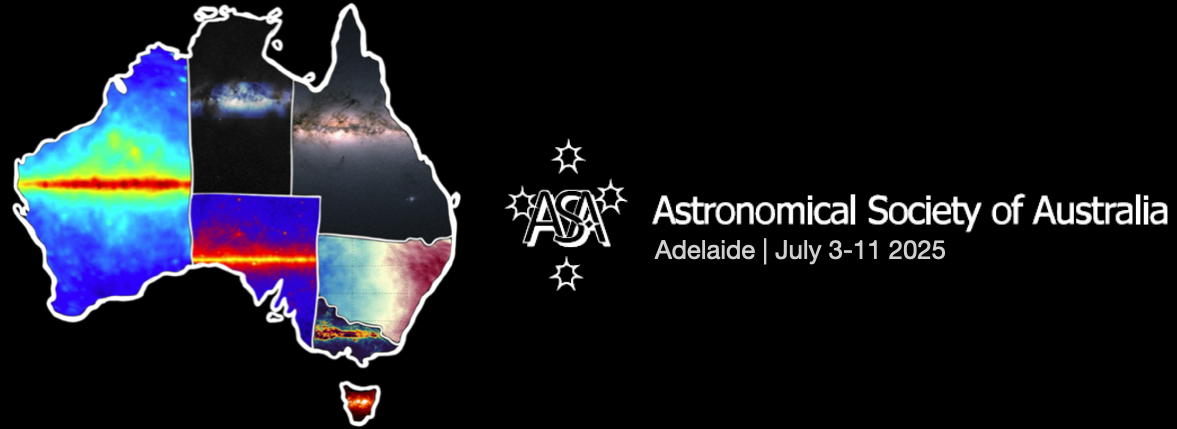Speaker
Description
I present SPICE, a framework designed to efficiently generate time-series synthetic spectra for stars with surface inhomogeneities such as spots, binary occultation, abundance anomalies, radial pulsations, and non-spherical symmetry. These effects have been studied in photometry, interferometry, and spectroscopy before, but there's an unfilled niche for tools capable of processing and fitting large volumes of data.
SPICE incorporates a transformer-based machine learning model for synthesizing spectra across arbitrary wavelength ranges and parameter spaces, significantly reducing computational costs while preserving physical accuracy. I demonstrate several tests and applications of this tool, exploring its impact on both spectroscopic and photometric studies, highlighting the yet untapped potential it will unlock in the era of multi-epoch surveys.
The framework will be released open-source, remaining accessible to a wide audience of researchers. It's implemented in Python and JAX and utilizes state-of-the-art features such as compilation and automatic differentiation, paving the way towards gradient-based optimization of spectra and light curves

